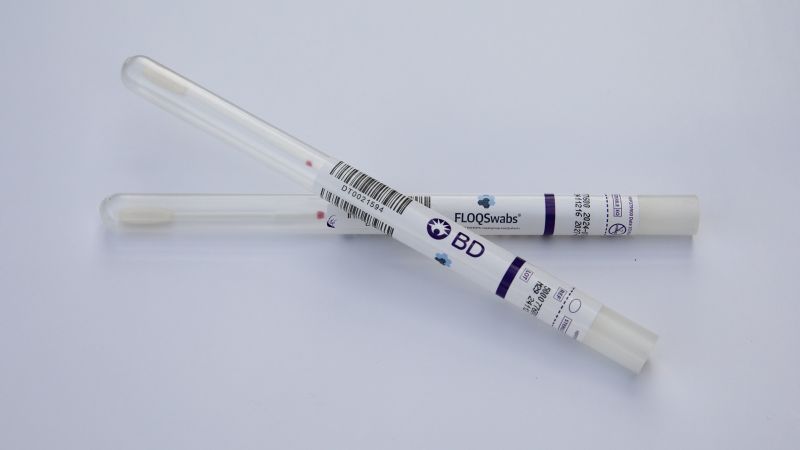
Why your next trip to the gyno might be different: There’s an alternative to Pap smears
CNN
The first shipments of self-collection tests for cervical cancer screening are currently on their way to doctor’s offices across the United States.
The first shipments of some self-collection HPV tests for cervical cancer screening are currently on their way to doctors’ offices across the United States. In May, the US Food and Drug Administration gave the greenlight for patients to have the option to collect their own vaginal samples for cervical cancer screenings instead of undergoing traditional HPV tests or Pap smears, which involve a speculum to screen for the disease. Similar to how they may collect their own urine samples, patients can now collect their own vaginal samples in a health-care setting, such as a doctor’s office, urgent care or pharmacy clinic. So far, two health care businesses – biotechnology company Roche and medical technology firm BD – already have HPV tests that can be used with self-collected samples. Most cervical cancer screenings involve testing for human papillomavirus or HPV, as most cervical cancers are caused by the virus. Shipments of the BD self-collection HPV tests began Thursday, according to the company. And Roche anticipates that its HPV self-collection screening solution will be shipped sometime this fall. The hope is that providing a self-collection method will make screening more accessible for patients, leading to more women being screened, said Dr. Jeff Andrews, board-certified gynecologist and vice president of Global Medical Affairs for Diagnostic Solutions at BD. Each year in the United States, more than 11,000 new cases of cervical cancer are diagnosed and about 4,000 women die of the disease, according to the US Centers for Disease Control and Prevention. It’s estimated that about half of invasive cervical cancer cases are diagnosed in people who have never been screened and about 10% of diagnoses are in people who had not been screened in the five years prior.

 Run 3 Space | Play Space Running Game
Run 3 Space | Play Space Running Game Traffic Jam 3D | Online Racing Game
Traffic Jam 3D | Online Racing Game Duck Hunt | Play Old Classic Game
Duck Hunt | Play Old Classic Game